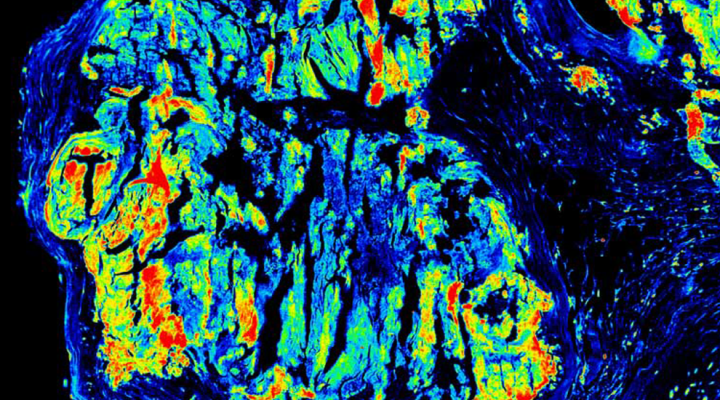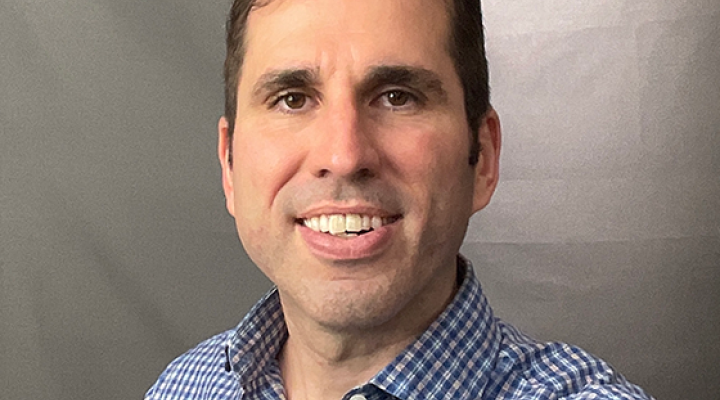Patrick Wick, teaching support specialist in the Sibley School of Mechanical and Aerospace Engineering, won the 2021 Academic Achievement Award from the Cornell Engineering Alumni Association.
Wick offers instructional support for the undergraduate instructional labs in the Sibley School – working with a variety of different courses including Introduction to Mechanical Engineering, Fluids and Heat Transfer, Mechanical Synthesis, Statics and Mechanics of Solids, Introductory Fluid Mechanics and Introduction to Aeronautics.
The role of teaching support specialist is varied and includes training students on complex equipment, troubleshooting equipment issues, maintaining and repairing the equipment. Wick sources and distributes parts and materials for student projects and prepares demonstrations that occur in the lab.
During the transition to virtual instruction necessitated by the COVID-19 pandemic, Wick was an instrumental asset to the department. He worked closely with Brian Kirby, the Meinig Family Professor of Engineering, to give students the same experience they would have had on campus. Wick and Kirby worked together to produce video demonstrations for Intro to Fluid Mechanics, a crucial aspect of the course that helps students understand and retain the complex concepts.
“I learned how to film and edit footage for these demonstrations in order to generate high quality content that would not just be something to distribute to the students for the sake of doing it, but would instead provide a useful, thoughtful supplement to the course that would contribute in a way that would otherwise be impossible,” says Wick.
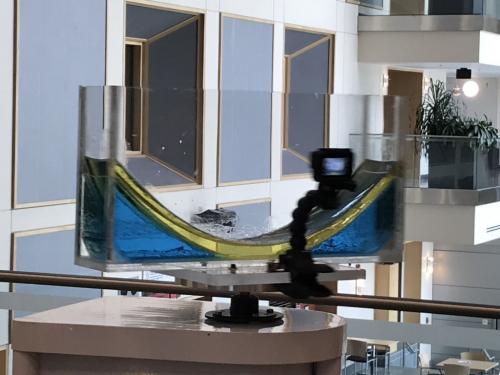 Wick produced, recorded, and edited 13 videos of Kirby demonstrating different experiments, with musical soundtracks, annotated figures, mathematical equations and text annotations. The equipment, techniques, and process flow developed by Wick were then adapted for several other courses during the transition to virtual instruction.
Wick produced, recorded, and edited 13 videos of Kirby demonstrating different experiments, with musical soundtracks, annotated figures, mathematical equations and text annotations. The equipment, techniques, and process flow developed by Wick were then adapted for several other courses during the transition to virtual instruction.
“Overall, this video series was very successful, and it was a central part of our rapid adaptation to the COVID-specific needs of Fall 2020,” says Kirby. “I could not have even considered implementing these videos without Mr. Wick’s leadership and execution.”
Wick also played a significant role in facilitating student final projects that would normally be done in the lab. He sourced parts and tools for student project kits, shipped technical kits to students at home, and in some cases designed methods for measurement and analysis from home that would normally have been done with equipment in the lab. He also worked with Joe Sullivan, manager of the Emerson Manufacturing Lab, to revamp the training required for student access to the machine shop by creating training videos to replace the demonstrative portion of the training process.
One of the most enjoyable aspects of Wick’s role is the ability to see students connect with course material through their experiences in the instructional labs. Labs are where students take what they have learned through the course and apply that knowledge to characterizing systems, validating that something is or is not working as expected, and crafting solutions to problems.
“Watching them work is exciting because they all have different strengths and weaknesses and interests and so whether they are alone or on a team, they all have these different “aha” moments as they progress through their lab experiences and it’s really neat to see,” says Wick.
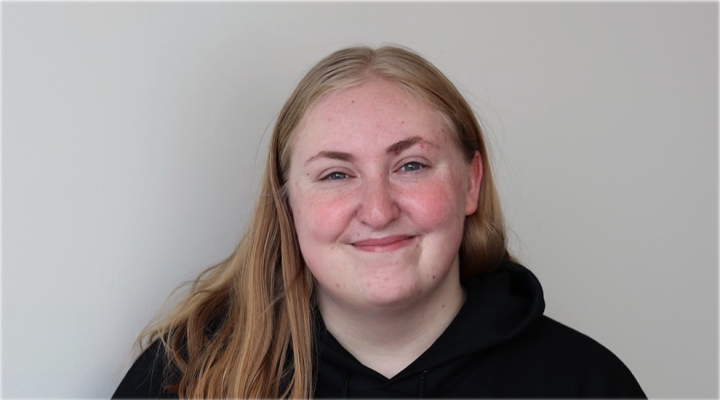


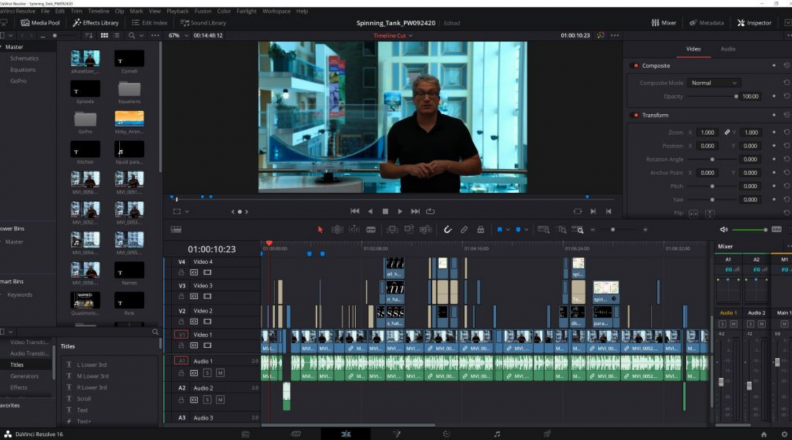
 Wick produced, recorded, and edited 13 videos of Kirby demonstrating different experiments, with musical soundtracks, annotated figures, mathematical equations and text annotations. The equipment, techniques, and process flow developed by Wick were then adapted for several other courses during the transition to virtual instruction.
Wick produced, recorded, and edited 13 videos of Kirby demonstrating different experiments, with musical soundtracks, annotated figures, mathematical equations and text annotations. The equipment, techniques, and process flow developed by Wick were then adapted for several other courses during the transition to virtual instruction.